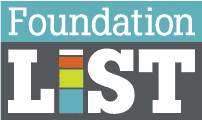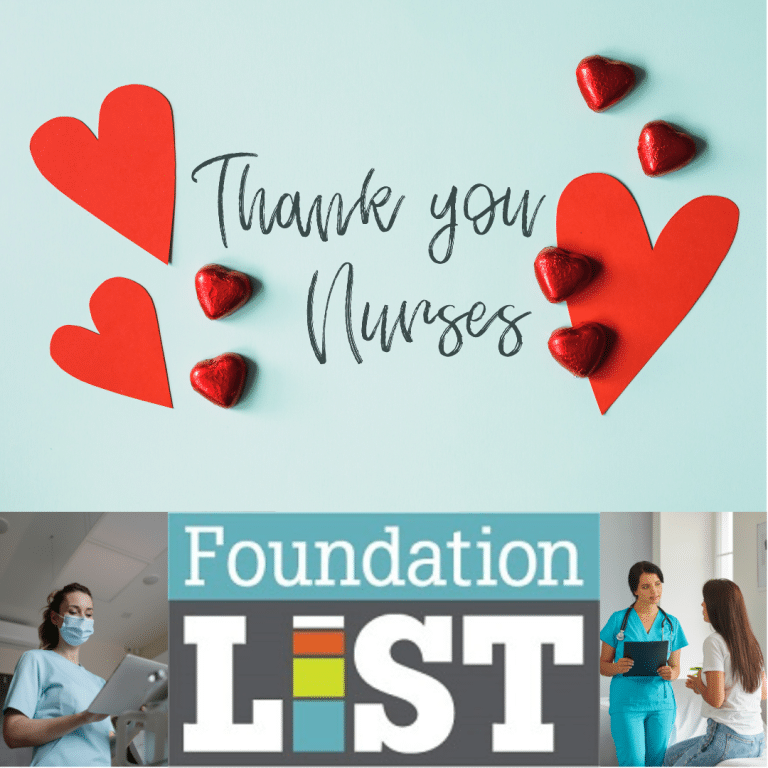The Power of the Nursing Industry
The nursing profession stands as a cornerstone of the healthcare system, not only in the United States but across the globe. Nurses are integral to patient care, providing essential services that range from routine health assessments to critical life-saving procedures. Their expertise, compassion, and dedication ensure that patients receive the highest quality of care, often acting as the primary point of contact between patients and the complex world of medical services.
Nurses play a pivotal role in health promotion, disease prevention, and patient education, significantly contributing to better health outcomes. The impact of the nursing industry is profound, influencing every facet of healthcare delivery. As the world continues to face health crises, the importance of a robust and well-supported nursing workforce becomes increasingly evident. According to the World Health Organization, nurses and midwives make up nearly 50% of the global health workforce, highlighting their critical role in achieving universal health coverage.
The Disparity in Compensation
Despite their critical role, nurses are often underpaid compared to their counterparts in the medical field. This disparity in compensation does not reflect the essential and demanding nature of their work. Nurses are the backbone of patient care, working long hours, often under stressful conditions, and providing care with unmatched dedication.
According to a report by the American Nurses Association, the average salary for a registered nurse in the United States is significantly under market. Addressing this pay gap is crucial not only for fairness but also for retaining talented individuals in the nursing profession. The Robert Wood Johnson Foundation emphasizes the need for policy changes to improve compensation and working conditions for nurses to ensure the sustainability of the healthcare workforce.
Gratitude for Nurses: Everyday Heroes
Nurses are everyday heroes who deserve our gratitude and recognition. Their contributions extend beyond the clinical setting; they provide emotional support, comfort, and reassurance to patients and their families. In the face of the aging baby boomer population, the demand for nursing care is escalating. As more individuals require healthcare services, nurses will be at the forefront, providing essential care and support.
This Nurses Week, consider taking a moment to thank the nurses in your life. A simple gesture of appreciation can go a long way in acknowledging their hard work and dedication. Whether through a heartfelt note, a small gift, or a public shout-out, showing appreciation for nurses can make a significant difference. The American Nurses Foundation suggests ways to celebrate and thank nurses, such as organizing community events or supporting nursing scholarships.
Addressing the Nursing Shortage
The United States is currently facing a significant nursing shortage, a challenge that is projected to grow in the coming years. According to the U.S. Bureau of Labor Statistics, the demand for registered nurses is expected to increase by 7% from 2019 to 2029, faster than the average for all occupations. This shortage is driven by an aging population, increasing healthcare needs, and a wave of retirements among the current nursing workforce.
Efforts to address this shortage include increasing funding for nursing education, providing incentives for individuals to enter the nursing profession, and supporting current nurses in their roles. By focusing on these areas, we can ensure that the healthcare system remains resilient and capable of meeting future demands. The National Council of State Boards of Nursing provides resources and data on the nursing shortage and efforts to address it.
Supporting Nurses: How You Can Help
There are numerous ways to support nurses and contribute to the strength of the nursing profession. Consider donating to organizations that advocate for nurses, provide scholarships for nursing students, and offer resources for ongoing professional development. Here are a few organizations dedicated to supporting nurses:
- American Nurses Association (ANA)
- National Student Nurses’ Association (NSNA)
- Emergency Nurses Association (ENA)
- American Association of Critical-Care Nurses (AACN)
Your support can help ensure that nurses have access to the resources they need to continue their education, advance their careers, and provide the highest quality of care.
How Foundation List Supports Nurses
Foundation List is committed to supporting the nursing profession by helping nurses find meaningful employment and aiding nonprofit and medical employers in finding the nursing staff they need. Our job postings span across the United States, providing a comprehensive platform for both job seekers and employers.
Through Foundation List, nurses can access a wide range of job opportunities, while employers can connect with qualified candidates to fill critical roles. We are dedicated to supporting the national healthcare industry by ensuring that the right talent is matched with the right opportunities.
This Nurses Week, let’s come together to honor and support the incredible nurses who tirelessly care for us. Your recognition, support, and advocacy can make a difference in their lives and the lives of those they care for. By acknowledging their contributions and working to address the challenges they face, we can ensure that nurses continue to be the heart of healthcare.
Tips for Aspiring Nurses: Your Path to a Rewarding Career
Embarking on a career in nursing is both an admirable and rewarding decision. The journey to becoming a nurse involves rigorous education, practical experience, and a commitment to lifelong learning. Here are some tips and resources to help you on your path to becoming a nurse:
1. Understand the Different Nursing Paths There are various paths to enter the nursing profession, each with its own educational requirements and career outcomes. Here are the primary pathways:
- Certified Nursing Assistant (CNA): Requires a short training program and certification exam.
- Licensed Practical Nurse (LPN) or Licensed Vocational Nurse (LVN): Typically involves a one-year diploma or certificate program.
- Registered Nurse (RN): Requires an Associate Degree in Nursing (ADN) or a Bachelor of Science in Nursing (BSN).
- Advanced Practice Registered Nurse (APRN): Requires a Master of Science in Nursing (MSN) or Doctor of Nursing Practice (DNP) and includes roles such as Nurse Practitioner (NP), Clinical Nurse Specialist (CNS), Nurse Anesthetist (CRNA), and Nurse Midwife (CNM).
For more detailed information on nursing careers, visit the American Nurses Association (ANA) Career Center.
2. Choose the Right Nursing School Selecting the right nursing school is crucial for your success. Consider factors such as accreditation, NCLEX pass rates, clinical placement opportunities, and faculty qualifications. Accredited programs ensure that you receive a quality education that meets industry standards.
You can search for accredited nursing programs on the Accreditation Commission for Education in Nursing (ACEN) and the Commission on Collegiate Nursing Education (CCNE).
3. Prepare for the NCLEX Exam The National Council Licensure Examination (NCLEX) is required to become a licensed nurse. Preparing for this exam is essential for your success. Utilize study guides, practice exams, and review courses to ensure you are well-prepared.
The National Council of State Boards of Nursing (NCSBN) offers resources and practice exams to help you prepare for the NCLEX.
4. Gain Practical Experience Hands-on experience is vital in nursing. Engage in clinical rotations, internships, and volunteer opportunities to gain practical skills and insights into various nursing specialties. This experience will not only enhance your resume but also help you determine your preferred area of practice.
Look for volunteer opportunities at local hospitals, clinics, and healthcare organizations through platforms like VolunteerMatch and the American Red Cross.
5. Seek Financial Aid and Scholarships Nursing education can be costly, but there are numerous scholarships, grants, and loan forgiveness programs available to help offset the expenses. Research and apply for financial aid early to ensure you receive the support you need.
The HRSA Nurse Corps Scholarship Program and the National Student Nurses’ Association (NSNA) Foundation Scholarships are excellent resources for finding financial assistance.
6. Join Professional Organizations Joining professional nursing organizations can provide you with networking opportunities, access to continuing education, and resources to advance your career. These organizations often offer student memberships at a reduced rate.
Consider joining the American Nurses Association (ANA), the National Student Nurses’ Association (NSNA), and specialty organizations such as the American Association of Critical-Care Nurses (AACN).
7. Stay Informed and Keep Learning Nursing is a dynamic field that requires continuous learning and adaptation. Stay informed about the latest trends, technologies, and best practices in healthcare. Pursue continuing education opportunities and consider advancing your degree to expand your career prospects.
Websites like Medscape, Nurse.com, and The Journal of Nursing Education offer valuable resources for ongoing education and professional development.
Becoming a nurse is a fulfilling and impactful career choice. By following these tips and utilizing the resources provided, you can navigate the path to becoming a successful nurse. The journey may be challenging, but the rewards of making a difference in people’s lives make it all worthwhile.


